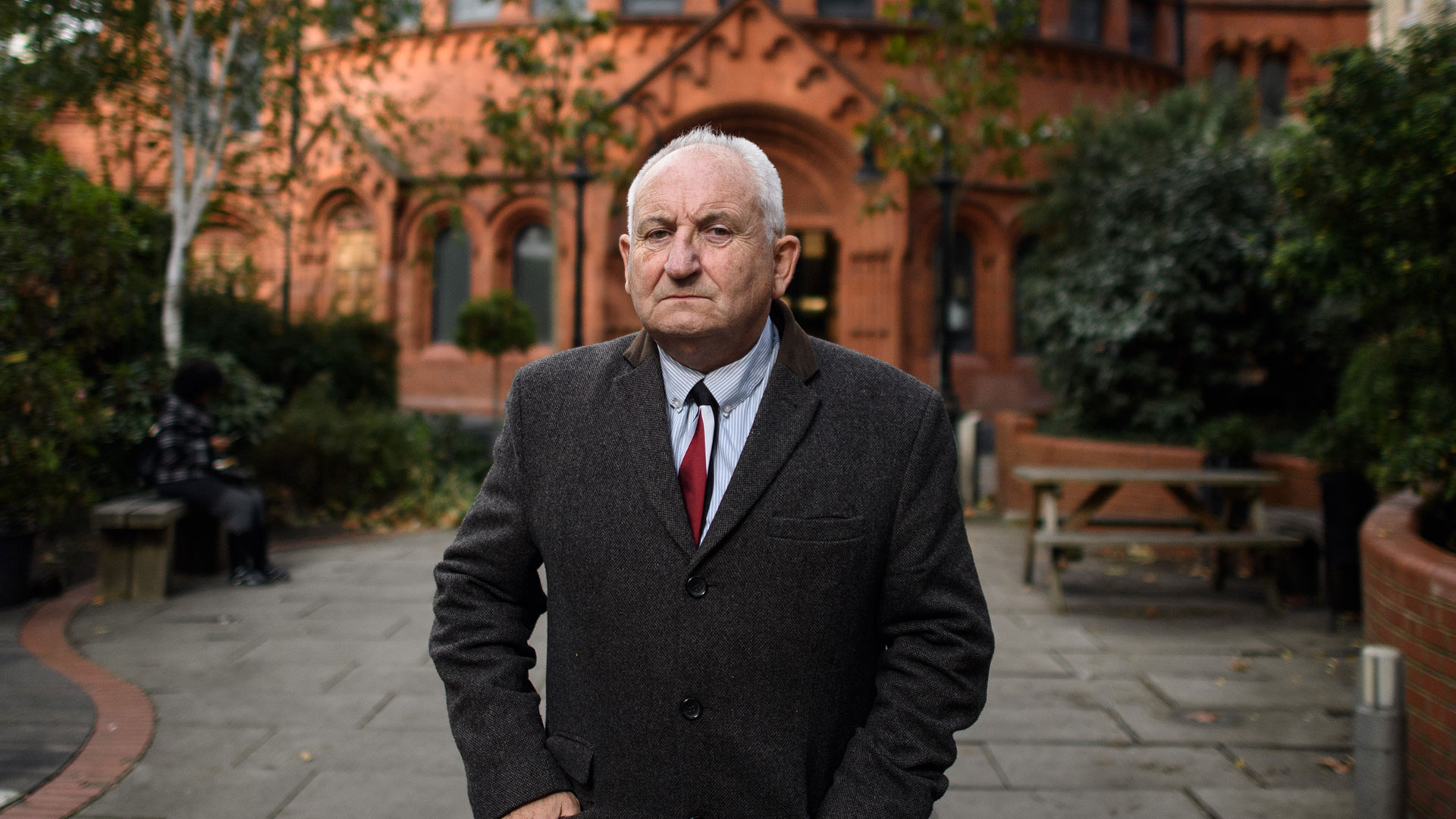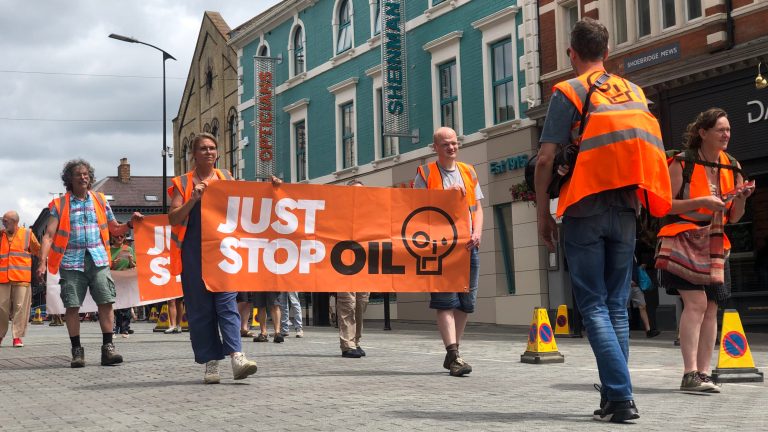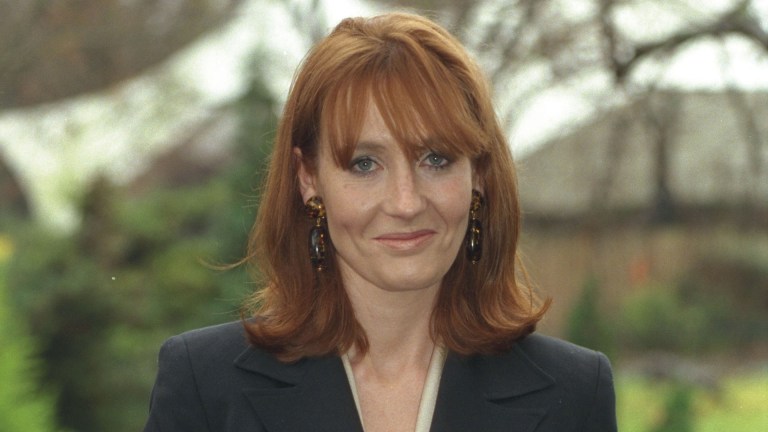If you want a little sense of historical vibration, go to Tate Britain’s British Baroque exhibition. It’s on until April 19, with the subtitle ‘Power and Illusion’.
It’s a staggeringly glittery show, with the ascent of Charles II to power in 1660 being the opener. It’s so French and European. Charles himself even makes it into the centre of one of the major paintings as Neptune, symbolically a god and not a king after all.
The historical vibration is that Tate Britain sits on the north bank of the Thames very near to Thorney Island, which is the old name for the grounds where the Palace of Westminster was built. And near to Parliament itself. Many of the big actions shown in the Baroque exhibition happened within a 10-minute walk along the once marshy river bank.
We talk about the Westminster bubble. And the predominance of London over the rest of the country, the North-South divide. But here in this exhibition you have the main players, the main palaces, shown but a spit and a fart from where all the action was had. And politically is still had.
Baroque to me means over-decorated, over-priced, over-designed. Swirls of mushiness mixed in with a striving for grandiosity. And it all occurred nearby.
One painting shows the Banqueting Hall designed for Charles II’s grandfather, James I of England and VI of Scotland. Designed by Inigo Jones, it was the very place where Charles’s father, Charles I, breathed his last. He was executed there in 1649. Then you had Cromwell, then Cromwell’s son, cocking it up; and then a very unhappy realm of fighting and infighting. So they dug up Charles père’s living son Charles, holidaying sur le continent, and said, “Look please come and be a figure of unity and fluff.” Which of course he did.











